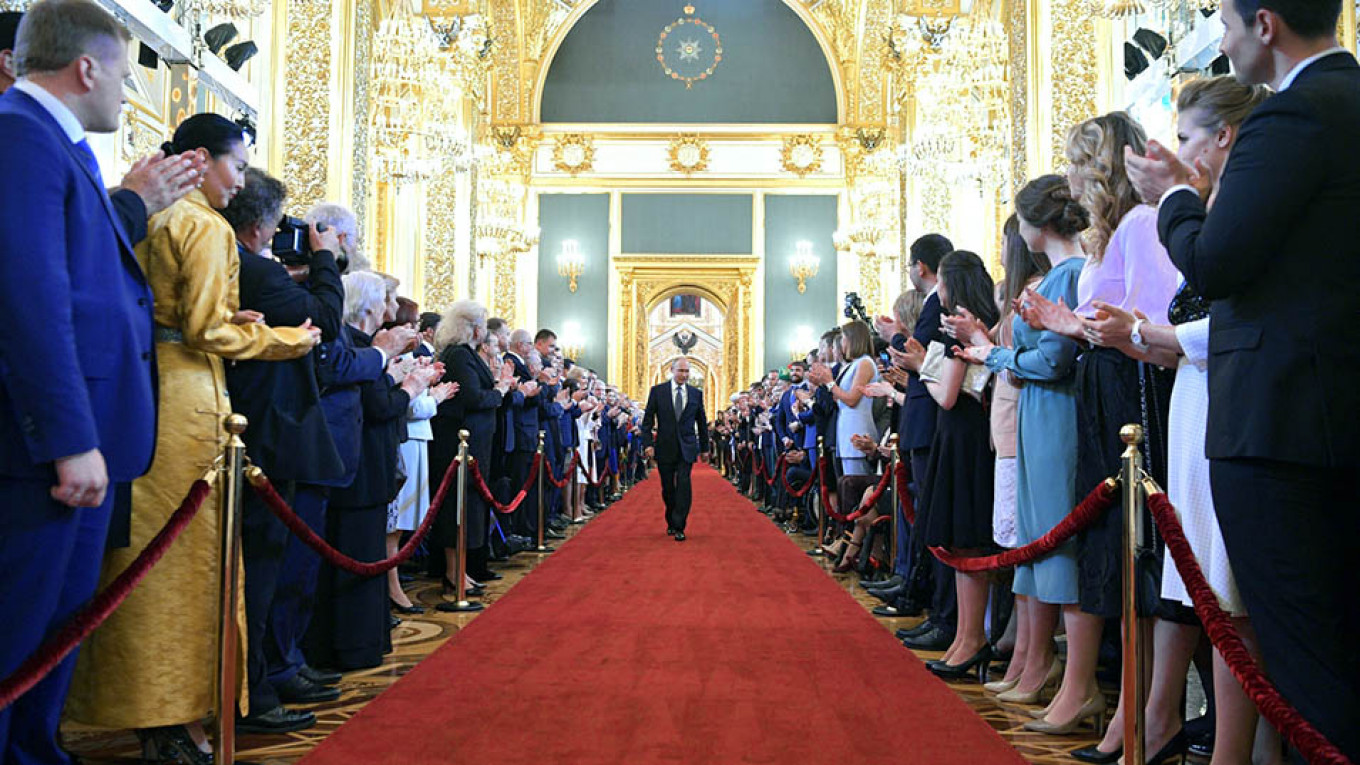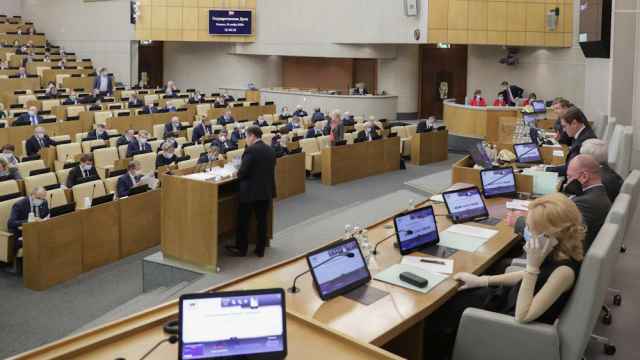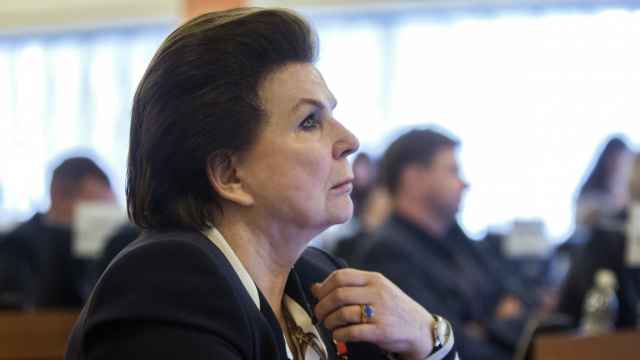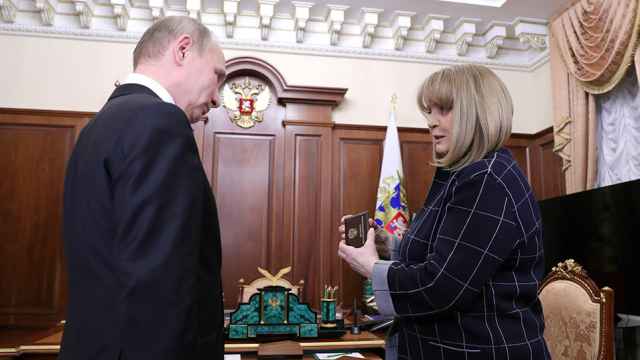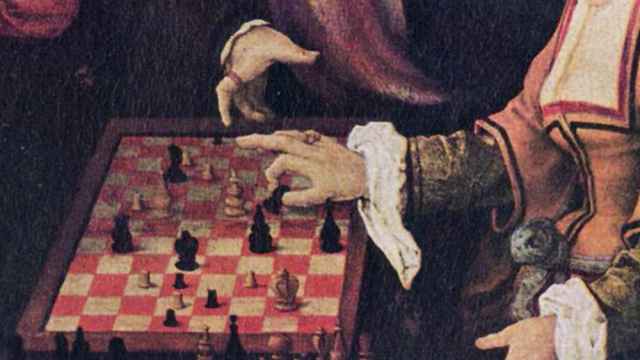The Russia watcher community is up in arms. On Jan. 15, in his state-of-the-nation address to the Russian parliament, President Vladimir Putin unexpectedly proposed a series of constitutional changes that appear to strengthen the role of parliament and elevate the status of the prime minister in the political system.
The surprise is understandable. Changing the Constitution is something we would expect from Putin: after all, how else would he stay in power beyond his second term that ends in 2024? But there are less roundabout ways of getting there — scrapping the two-term limit on the presidency is one.
Given the advanced state of Russia’s autocratic malaise, even simply appointing Putin president for life would have been met with an enthusiastic ovation from the rubber-stamp parliament.
Instead, Putin has proposed to empower the State Duma, the lower house of parliament, to appoint the prime minister, who is currently appointed by the president with the Duma’s overridable consent, as well as all the other ministers in the federal government. The purpose is clear — to strip the president of some of the key powers of that office.
Putin added to the confusion by proposing a constitutional role for the State Council, the consultative body made up of regional governors and several other high officials, raising more questions about his exit strategy. Will he be prime minister, or, as head of the State Council become a Nazarbayev-like father-of-the-nation figure who leaves the scene only to remain the puppet master in the political shadows?
It doesn’t really matter. If Putin is determined to stay, he’ll find a way to stay. But his proposed reforms are a step in the right direction, for they chip away at the virtually unlimited powers of the Russian presidency.
Political centralization has historically served as a major impediment to Russia’s democratization. There was a moment in the early 1990s when Russia seemed to be edging towards a true separation of powers. However, before the system of checks and balances was properly institutionalized, then-President Boris Yeltsin unleashed tanks against his parliamentary detractors. The standoff between the president and parliament in the fall of 1993 paved the way for the adoption of the current Constitution with its vastly strengthened presidential powers. It was that Constitution that put Russia on its relatively short path to Putin’s authoritarianism.
The changes proposed by Putin are too cosmetic to fundamentally undo the damage wrought by the 1993 Constitution. He pointedly argued that he was not at all trying to create a parliamentary republic in Russia; such a form of government, Putin said, would not allow Russia to “develop normally” or even “stably exist.”
On that point, he was certainly wrong. If there is an important factor that has impeded Russia’s normal development or stable existence, it has been the concentration of political power in the hands of dictators.
But even the modest reforms that Putin has called for will help put in place a framework that will in theory allow for better checks and balances in the system. The president evidently hopes that by spreading the power, he will have more opportunities to pull the right strings if he ever actually decides to retire. That may be true. But once he passes from the scene altogether, the checks and balances could well continue checking and balancing on their own, without Putin’s invisible hand.
Only when Russia develops viable political institutions that impede over-concentration of power in the hands of a leader, however well-intentioned, will the country stand a fair chance of becoming a normal democracy.
It would be ironic if Putin had helped place Russia on that track, but Russia is known for its bitter ironies.
A Message from The Moscow Times:
Dear readers,
We are facing unprecedented challenges. Russia's Prosecutor General's Office has designated The Moscow Times as an "undesirable" organization, criminalizing our work and putting our staff at risk of prosecution. This follows our earlier unjust labeling as a "foreign agent."
These actions are direct attempts to silence independent journalism in Russia. The authorities claim our work "discredits the decisions of the Russian leadership." We see things differently: we strive to provide accurate, unbiased reporting on Russia.
We, the journalists of The Moscow Times, refuse to be silenced. But to continue our work, we need your help.
Your support, no matter how small, makes a world of difference. If you can, please support us monthly starting from just $2. It's quick to set up, and every contribution makes a significant impact.
By supporting The Moscow Times, you're defending open, independent journalism in the face of repression. Thank you for standing with us.
Remind me later.



